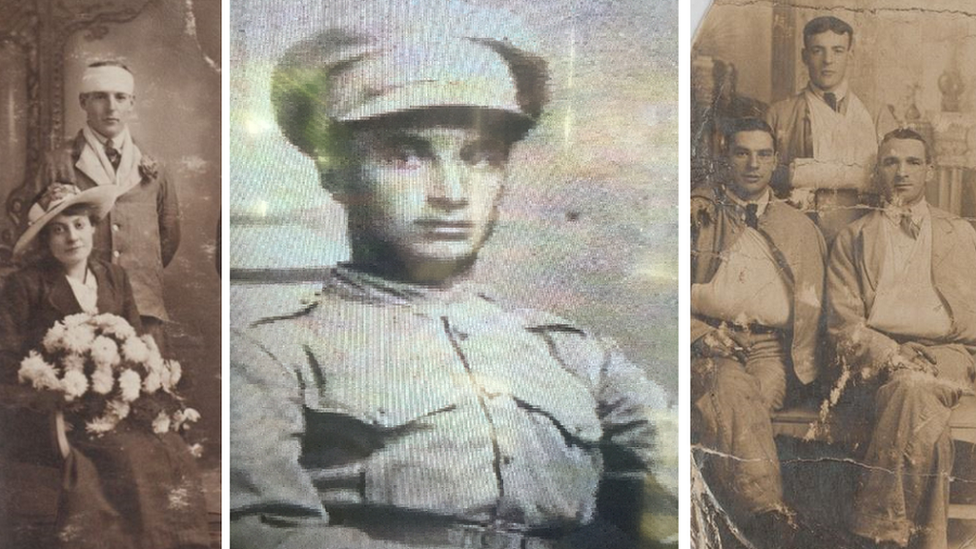WW1 centenary: William and PM mark Battle of Amiens
- Published
The Duke of Cambridge paid tribute to "the fallen of all nations"
The Duke of Cambridge and the prime minister have attended commemorations in northern France to mark the centenary of the Battle of Amiens - the beginning of the end of World War One.
Prince William and Theresa May both paid tribute at a service at Amiens Cathedral.
They also spoke to descendants of soldiers who fought in the battle.
In a reading, the duke said he was "delighted" to mark the centenary in the "historic cathedral".
He added the purpose of the service was to "honour the fallen of all nations" involved in the war.
In her message printed in the official programme, Mrs May paid tribute to the "courage, bravery and skill" of troops who fought at Amiens.
She added it was important to "reflect on the fear and hardship experienced by the people of this city and the surrounding battlefields".
At Wednesday's service, the story of the battle was told through contemporary letters, diaries and poems read by guests from the 2,000-strong congregation.
The British-commanded Fourth Army was involved in the battle, heralding the start of the Hundred Days offensive.
General Sir Henry Rawlinson had learnt the lessons of the bloody Somme offensive and employed improved tactics and new equipment.
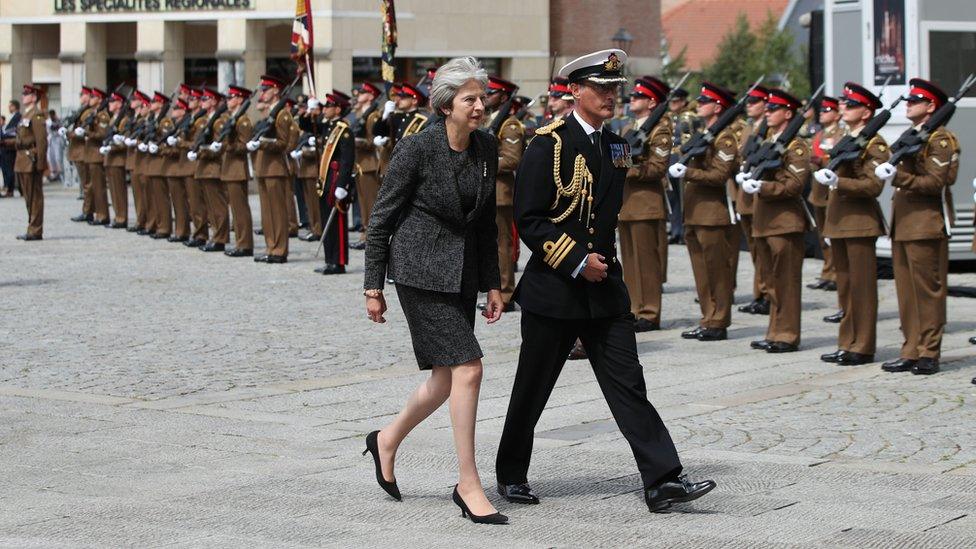
The prime minister arrives at the cathedral in Amiens, France, ahead of her reading
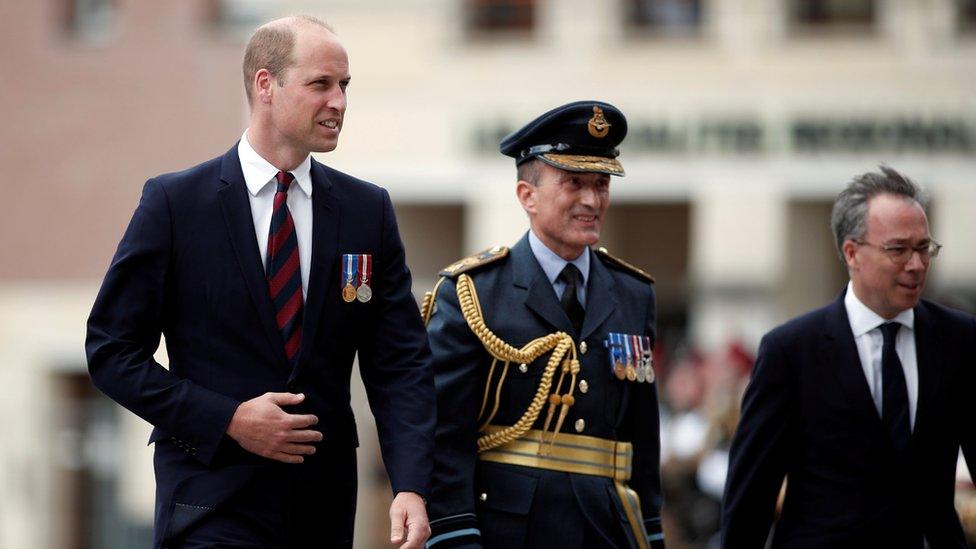
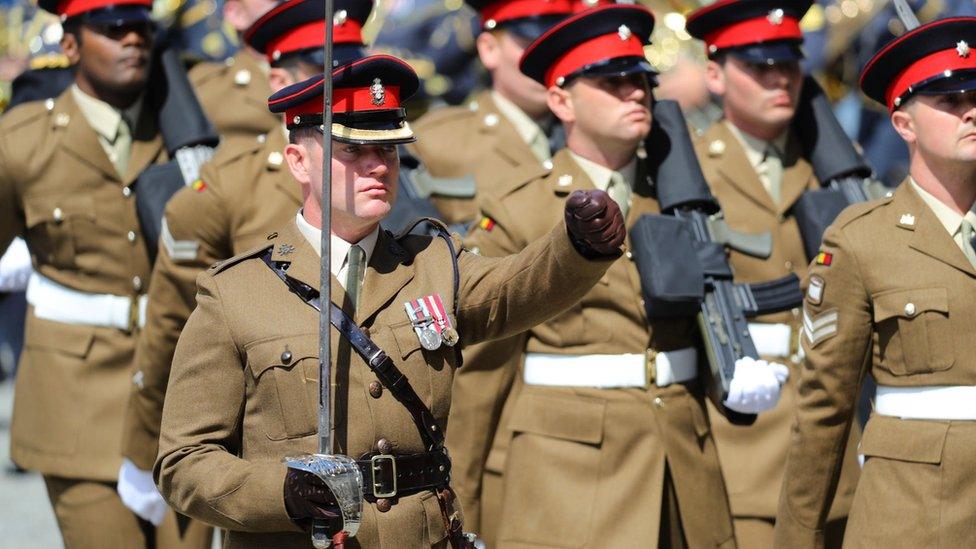
The Royal Anglian Regiment formed a guard of honour outside the cathedral
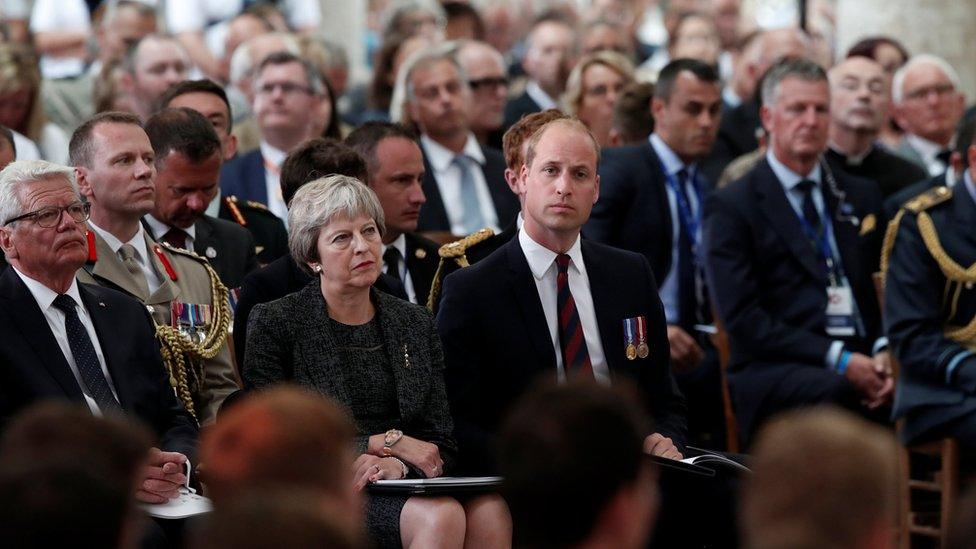
More than 500 UK tanks were deployed, alongside 1,900 British and French aircraft, and more than 2,000 guns from the Royal Artillery.
A string of military victories by combined air and land forces from Britain, Australia, Canada, France, and the US followed, leading to the surrender of German forces and the end of the conflict on 11 November 1918.
Armed Forces Minister Mark Lancaster and Chief of the Defence Staff General Sir Nick Carter also attended the service.
Gen Carter said the Battle of Amiens was a "remarkable achievement... moulding a new citizen-based force into a very accomplished fighting force, against a backdrop of rapid technological change".
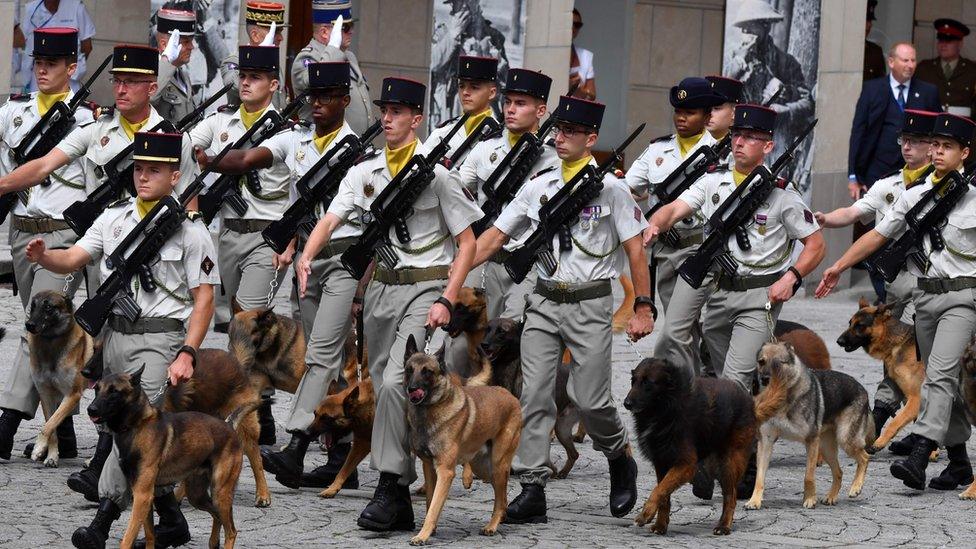
French Foreign Legion officers with their dogs in Amiens
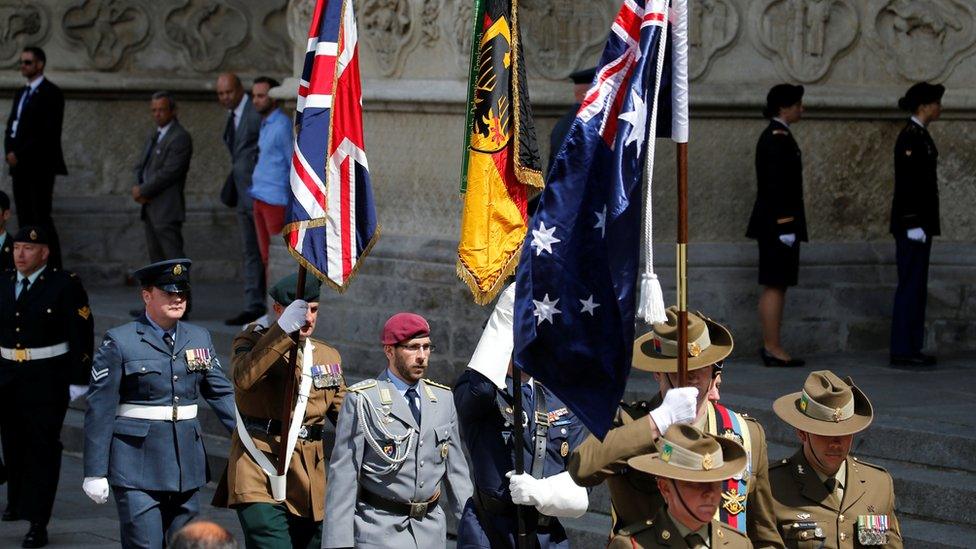
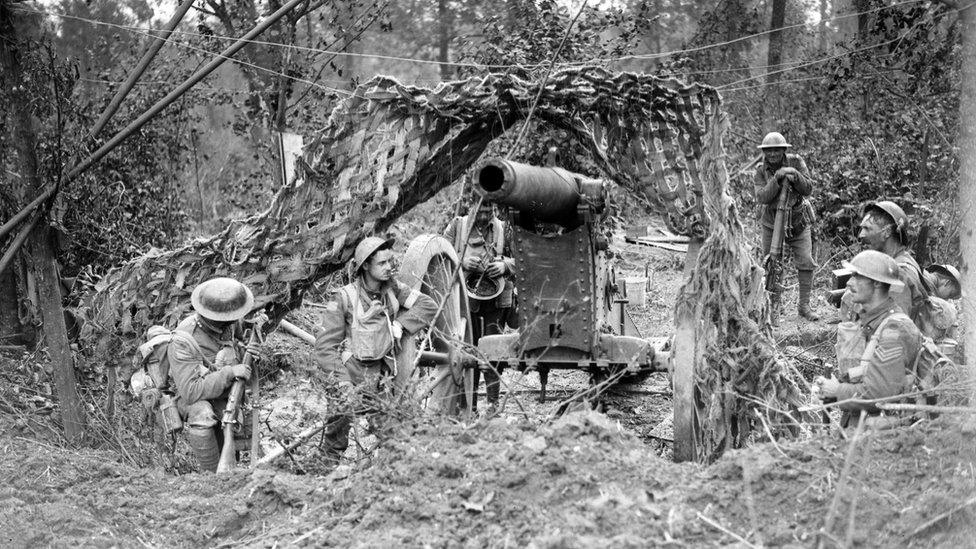
Forces from Britain, Australia, Canada, France and the US were involved in the Battle of Amiens
Kevin Sherlock, 58, a retired Rolls-Royce engine inspector from Derby, said his 19-year-old great uncle Ernest Harm, who was killed towards the end of the battle, "paid the ultimate sacrifice", helping to bring peace to Europe.
He said the teenage soldier, also from Derby, was killed, possibly by machine gun fire, going "over the top" on 11 August 1918.
Mr Sherlock added: "I think as I've got older I've thought about it more really, he was only 19, just a lad really, never experienced anything in his life.
"So there's sadness but also pride that he took part in a key battle that brought ultimately the Allied victory and no doubt about it, shortened the war as well."
- Published3 August 2018
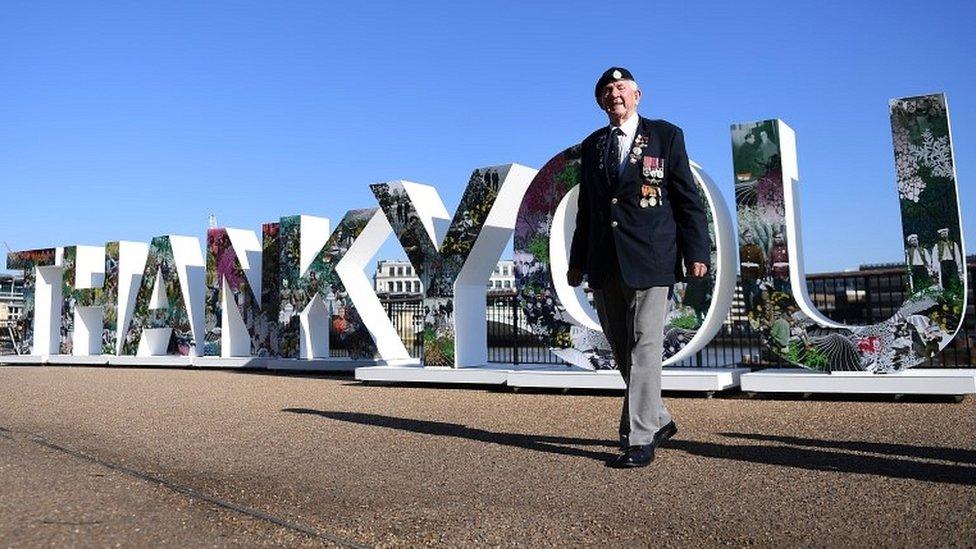
- Published31 July 2017
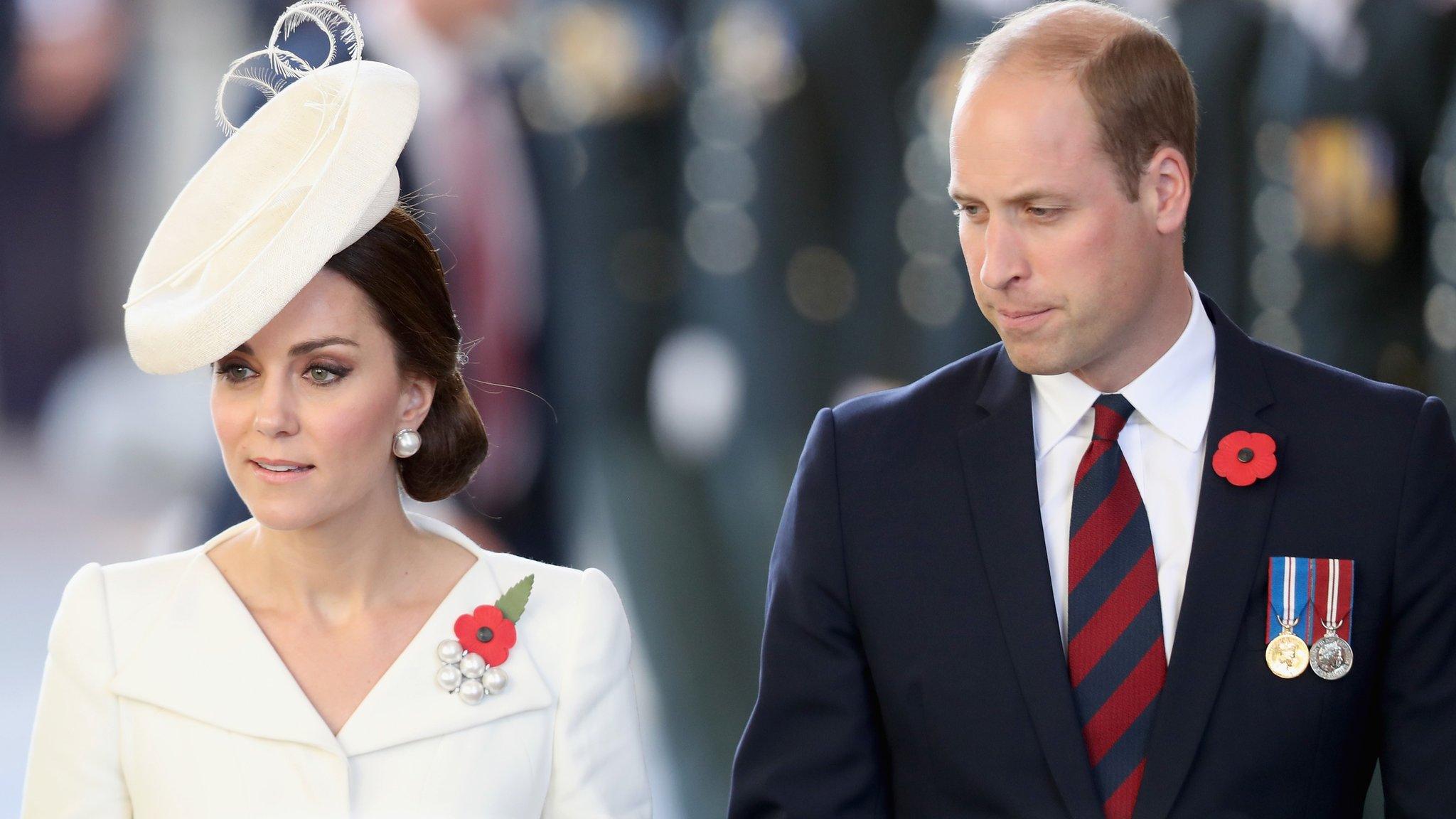
- Published9 April 2017
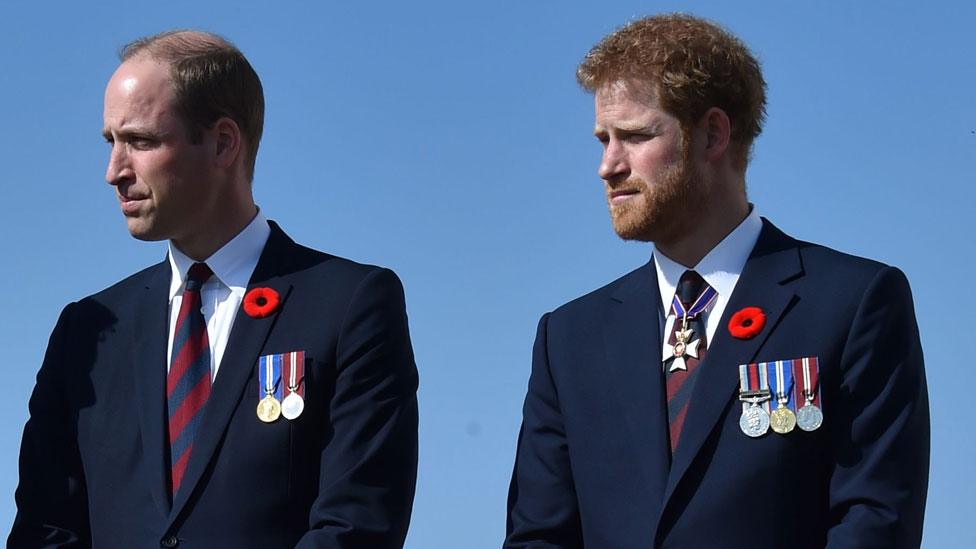
- Published1 July 2016
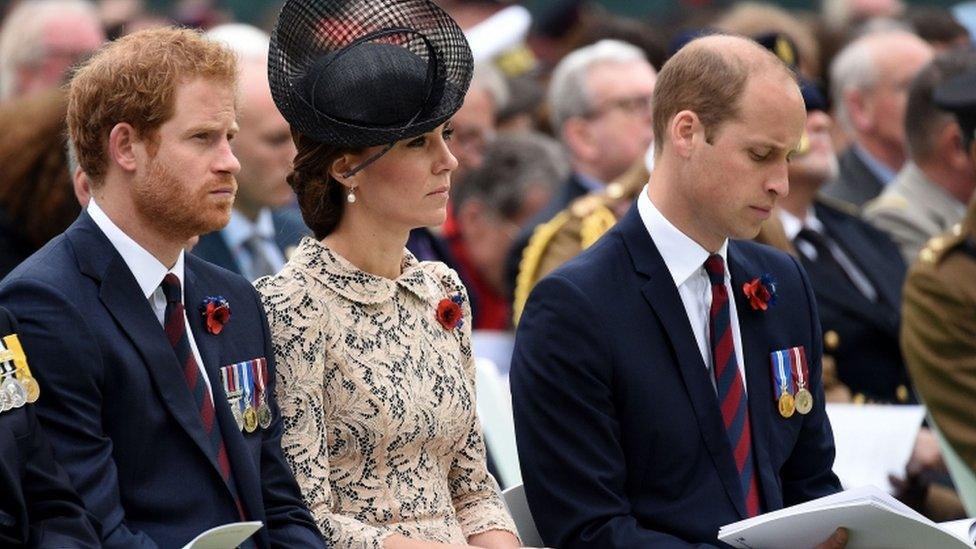
- Published15 February 2016
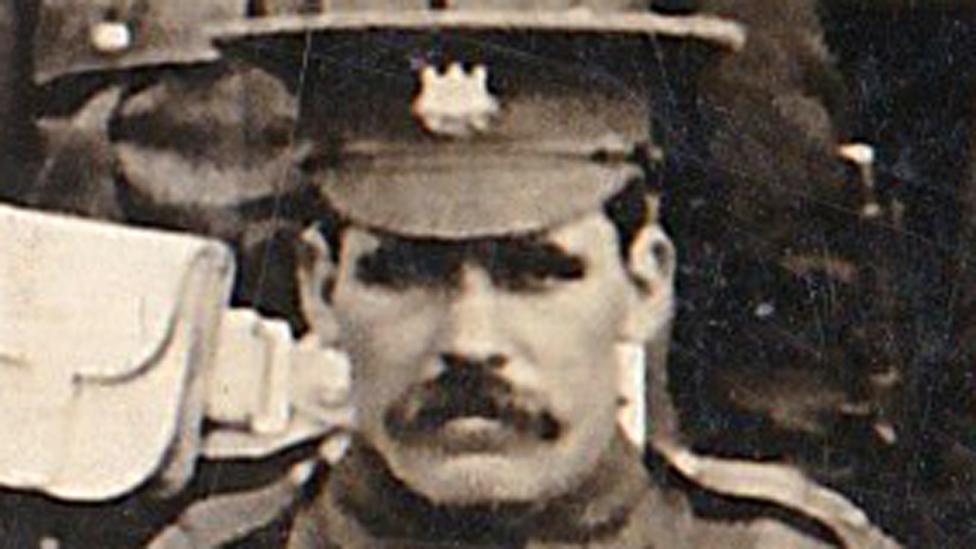
- Published15 July 2016
